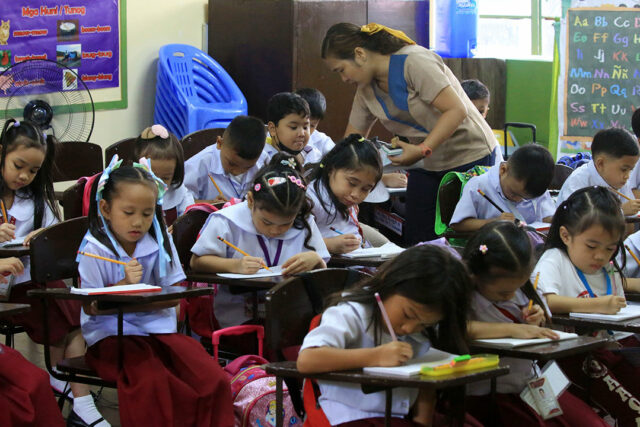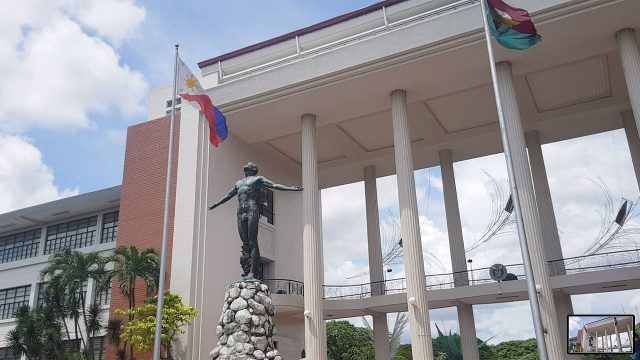RBA holds rates steady in Lowe’s last policy meet
SYDNEY — Australia’s central bank on Tuesday kept interest rates steady for a third month at the last meeting chaired by Governor Philip Lowe, encouraging speculation the tightening cycle was over as policy makers indicated they have a firmer grip on prices.
Wrapping up its September policy meeting, the Reserve Bank of Australia (RBA) held rates at 4.1%, and said recent data were consistent with inflation returning to the 2-3% target range in late 2025. It reiterated that further tightening may still be required to bring inflation to heel.
Markets and economists had wagered on a steady outcome after a batch of economic data — including inflation, wages and jobs – came in below expectations and offered no compelling reason to restart the tightening cycle.
The Australian dollar extended earlier losses to be 1.2% off to $0.6384, the lowest in more than a week. Markets moved to trim bets of one last hike before the yearend to just 30% from around 36% early in the session.
A majority of economists polled by Reuters still expect one more hike by the end of the year after the third quarter inflation report, which is likely to point to lingering price pressures.
“Inflation is coming down, the labor market remains strong and the economy is operating at a high level of capacity utilization, although growth has slowed,” said Mr. Lowe, who will be handing over the reins to his deputy Michele Bullock on Sept. 18.
Mr. Lowe said the board will continue to monitor the global economy — noting uncertainty with the Chinese economy, household spending, and the outlook for inflation and the labor market to see if further tightening would be needed.
He warned that prices of many services are rising briskly and rent inflation was also elevated.
Minutes of the August meeting showed the central bank now sees a credible path where inflation would return to the target band in 2025, with interest rates at their current level, implying the hurdle to another hike is high.
‘EXTENDED PAUSE’
The incoming governor Ms. Bullock last month struck a similar tone to Mr. Lowe, saying rates may need to rise again and policy makers would be watching data and decide on rates on a monthly basis until at least the end of this year.
“Recent data has fallen the way the RBA would have hoped,” said Tony Sycamore, market analyst at IG.
“While RBA Governor Lowe may have been slow to start hiking rates, he departs with his head held high, knowing that much of the heavy lifting required to bring inflation under control is in place ahead of Michele Bullock’s tenure.”
Consumer inflation eased by more than expected to 4.9% in July, while soft wages data suggest the chance of a much feared price-wage spiral is low and the red-hot labor market might be at a turning point.
The RBA has jacked up interest rates by a whopping 400 basis points since May last year, with the cash rate sitting at 11-year highs, but the full impact of the tightening is only being felt now as inflation eases and economic growth slows.
Data on Tuesday showed the Australian economy got a boost from net exports and government spending in the second quarter, greatly lessening the risk of a contraction in gross domestic product (GDP). The second-quarter GDP data is due on Wednesday.
However, growth is set to stay subdued, with analysts expecting GDP to have expanded by a meager 0.3% in the quarter as consumers tightened their belt in the face of high cost of living and rising mortgage repayments.
“Overall, we see nothing in today’s decision or statement to push us off our view that the RBA is on an extended pause as it examines how the 400 bps of monetary tightening to date washes through the economy,” ANZ economists said in a note. — Reuters















